Reform to protect: towards new plant health legislation in Senegal
- 06/05/2025
- Posted by: Sandra Borma
- Category: News
No Comments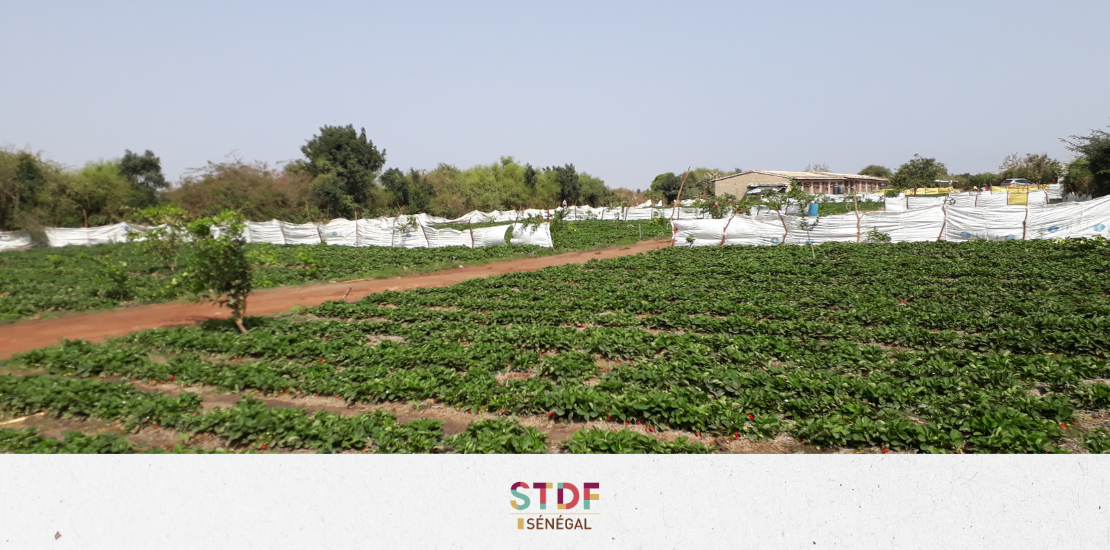 COLEAD’s STDF/PG/946 project in Senegal has taken a decisive step with the completion of a strategic mission to analyse and revise the national plant health legislation. This milestone marks the culmination of extensive work to strengthen the regulatory framework in line with Senegal’s regional and international commitments and to better protect the local horticultural sector. A project to promote health and trade competitiveness The STDF Senegal project, funded by the Standards and Trade Development Fund (STDF), aims to strengthen the… +
COLEAD’s STDF/PG/946 project in Senegal has taken a decisive step with the completion of a strategic mission to analyse and revise the national plant health legislation. This milestone marks the culmination of extensive work to strengthen the regulatory framework in line with Senegal’s regional and international commitments and to better protect the local horticultural sector. A project to promote health and trade competitiveness The STDF Senegal project, funded by the Standards and Trade Development Fund (STDF), aims to strengthen the… +GUINEA STRENGTHENS PHYTOSANITARY CONTROL TO IMPROVE ACCESS TO AGRI-FOOD MARKETS
- 30/04/2024
- Posted by: Sandra Borma
- Category: News
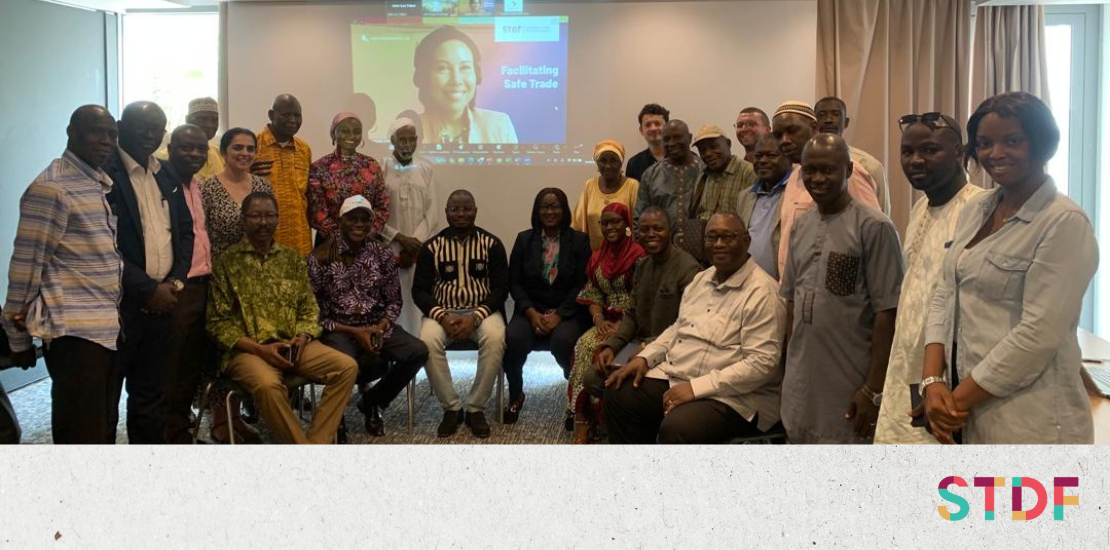 GUINEA STRENGTHENS PHYTOSANITARY CONTROL TO IMPROVE ACCESS TO AGRI-FOOD MARKETS The project “Strengthening the phytosanitary control and certification system in Guinea” launched in 2019 and funded by the Standards and Trade Development Facility (STDF), was the subject of a closing workshop in Conakry on 24 April. It was an opportunity to present and welcome the results and positive impact of the project. In particular, the National Directorate of Plant Protection and Stored Foods (DNPV-DS) has benefited from capacity building… +
GUINEA STRENGTHENS PHYTOSANITARY CONTROL TO IMPROVE ACCESS TO AGRI-FOOD MARKETS The project “Strengthening the phytosanitary control and certification system in Guinea” launched in 2019 and funded by the Standards and Trade Development Facility (STDF), was the subject of a closing workshop in Conakry on 24 April. It was an opportunity to present and welcome the results and positive impact of the project. In particular, the National Directorate of Plant Protection and Stored Foods (DNPV-DS) has benefited from capacity building… +STDF Project: Strengthening Training Capacity in Guinea
- 23/04/2024
- Posted by: Sandra Borma
- Category: News
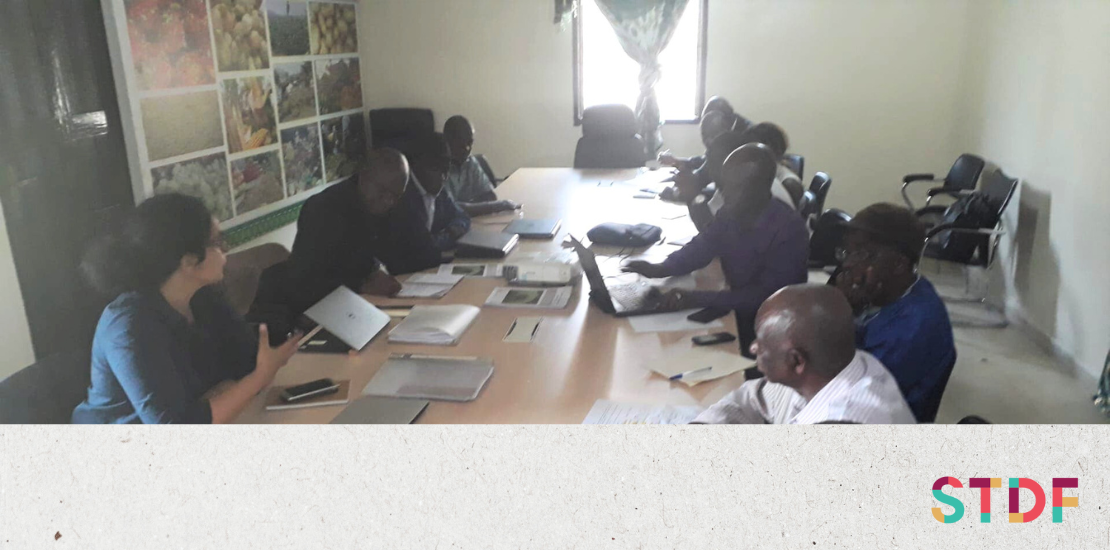 STDF Project: Strengthening Training Capacity in Guinea As part of its ongoing commitment to improve phytosanitary safety and competitiveness in the agricultural sector, COLEAD recently led a major initiative in Guinea as part of the STDF project. Last February in Conakry, the COLEAD team facilitated a capacity building programme aimed at equipping the Direction Nationale de la Protection Végétale et du Service de la Sécurité (DNPV-DS) with the necessary tools and strategies for the ongoing training of its staff. As… +
STDF Project: Strengthening Training Capacity in Guinea As part of its ongoing commitment to improve phytosanitary safety and competitiveness in the agricultural sector, COLEAD recently led a major initiative in Guinea as part of the STDF project. Last February in Conakry, the COLEAD team facilitated a capacity building programme aimed at equipping the Direction Nationale de la Protection Végétale et du Service de la Sécurité (DNPV-DS) with the necessary tools and strategies for the ongoing training of its staff. As… +New STDF funded project in Senegal to strengthen the plant health system
- 11/04/2024
- Posted by: Sandra Borma
- Category: News
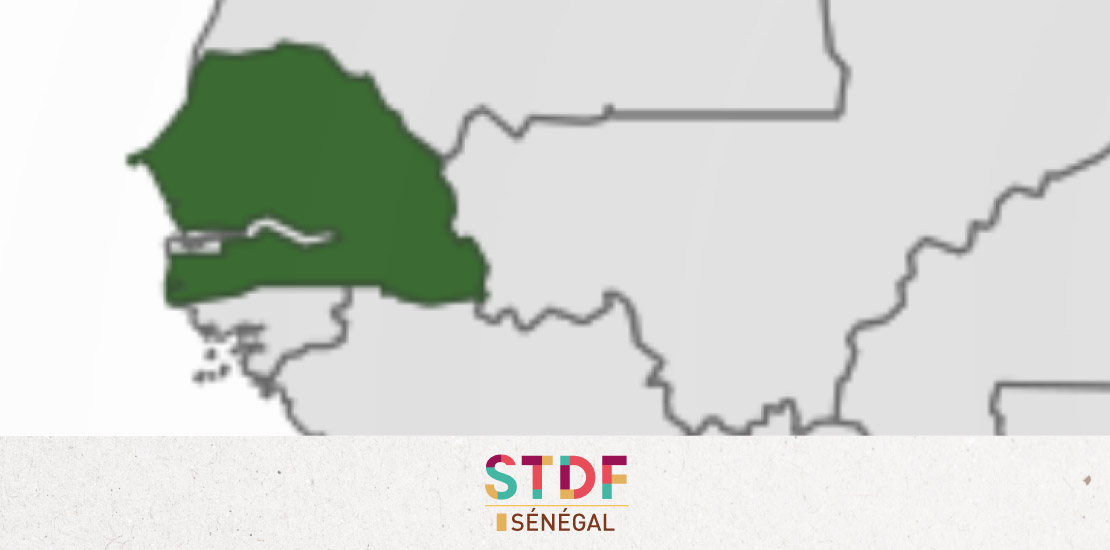 New STDF funded project in Senegal to strengthen the plant health system Senegal, like many countries in the Sahel region, faces major challenges in securing its food supply in the face of rapid population growth and urbanisation. The threat posed by climate change, with the increased spread of pests and transboundary diseases, poses a significant risk to the country’s agriculture and food security. In this context, the Senegalese Ministry of Agriculture, led by the Directorate of Plant Protection, has launched… +
New STDF funded project in Senegal to strengthen the plant health system Senegal, like many countries in the Sahel region, faces major challenges in securing its food supply in the face of rapid population growth and urbanisation. The threat posed by climate change, with the increased spread of pests and transboundary diseases, poses a significant risk to the country’s agriculture and food security. In this context, the Senegalese Ministry of Agriculture, led by the Directorate of Plant Protection, has launched… +Guinea: good agricultural practices for small potato farmers
- 10/04/2024
- Posted by: Sandra Borma
- Category: News
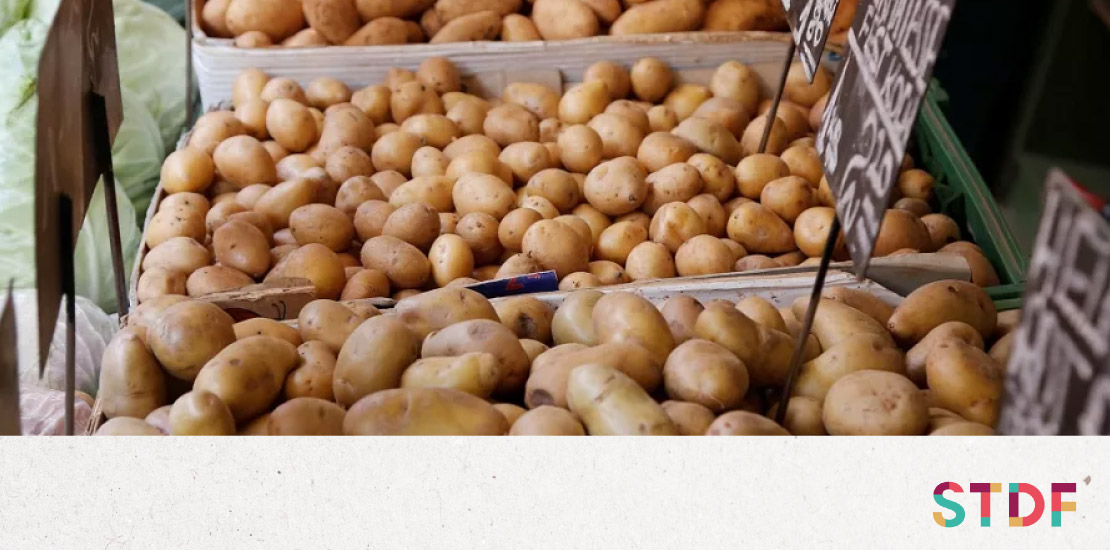 Guinea: good agricultural practices for small potato farmers In February, COLEAD, through the STDF Guinée programme, organised a training session in Mamou to improve the skills of supervisors and extension workers in disseminating good agricultural practices in potato production. The training focused on the effective use of the “Boîte à Images”, an educational tool to help communicate the key messages of the Good Potato Practice Guide. Particular emphasis was placed on food safety and plant health aspects, emphasising the… +
Guinea: good agricultural practices for small potato farmers In February, COLEAD, through the STDF Guinée programme, organised a training session in Mamou to improve the skills of supervisors and extension workers in disseminating good agricultural practices in potato production. The training focused on the effective use of the “Boîte à Images”, an educational tool to help communicate the key messages of the Good Potato Practice Guide. Particular emphasis was placed on food safety and plant health aspects, emphasising the… +Quality Control Training of Seed Potatoes as part of the STDF Guinea Project
- 04/01/2024
- Posted by: Sandra Borma
- Category: News
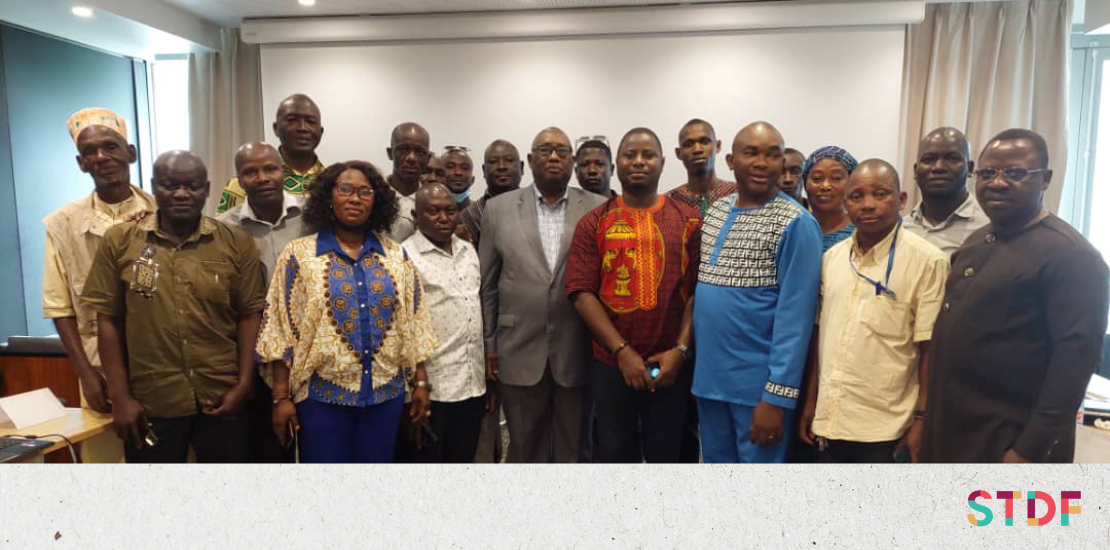 The STDF Guinea project recently held a two-day collective training in Conakry, from 6 to 7 December 2023, focused on “quality control of imported seeds, with a focus on potato seeds.” The training aimed to enhance the skills and capacities of phytosanitary inspectors responsible for executing controls at various border posts in Guinea, as well as control post leaders and officials from the Directorate of Plant Protection and Stored Products (DNPV-DS). In total, 20 agents from the DNPVS were trained.… +
The STDF Guinea project recently held a two-day collective training in Conakry, from 6 to 7 December 2023, focused on “quality control of imported seeds, with a focus on potato seeds.” The training aimed to enhance the skills and capacities of phytosanitary inspectors responsible for executing controls at various border posts in Guinea, as well as control post leaders and officials from the Directorate of Plant Protection and Stored Products (DNPV-DS). In total, 20 agents from the DNPVS were trained.… +STDF Cameroon project on Penja pepper concludes
- 28/10/2022
- Posted by: Gaetan Dermien
- Category: Cameroon, News
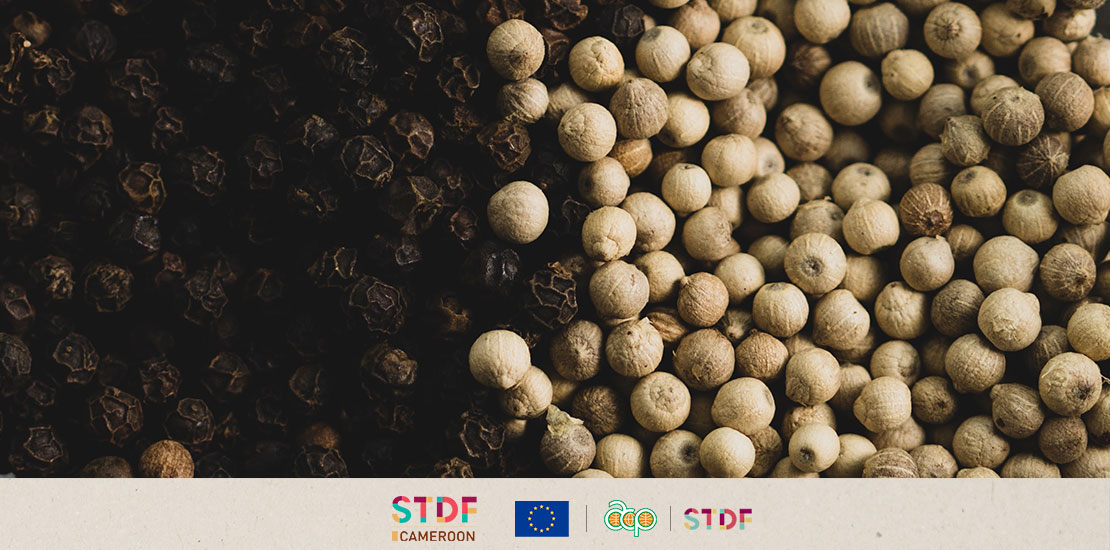 Penja pepper has been grown in the volcanic soil of the Penja valley in the Njombé-Penja region, Cameroon, for about 50 years. It is considered one of the best peppers in the world, thanks to the unique taste created by the local volcanic soil. Cultivation of the crop is a major source of rural employment; almost all Penja pepper is produced by smallholders with less than 3 hectares of land. However, production of the pepper has faced sanitary and phytosanitary… +
Penja pepper has been grown in the volcanic soil of the Penja valley in the Njombé-Penja region, Cameroon, for about 50 years. It is considered one of the best peppers in the world, thanks to the unique taste created by the local volcanic soil. Cultivation of the crop is a major source of rural employment; almost all Penja pepper is produced by smallholders with less than 3 hectares of land. However, production of the pepper has faced sanitary and phytosanitary… +COLEACP’s 2021 Annual Report is just published
- 15/07/2022
- Posted by: Gaetan Dermien
- Category: ACP EN, News
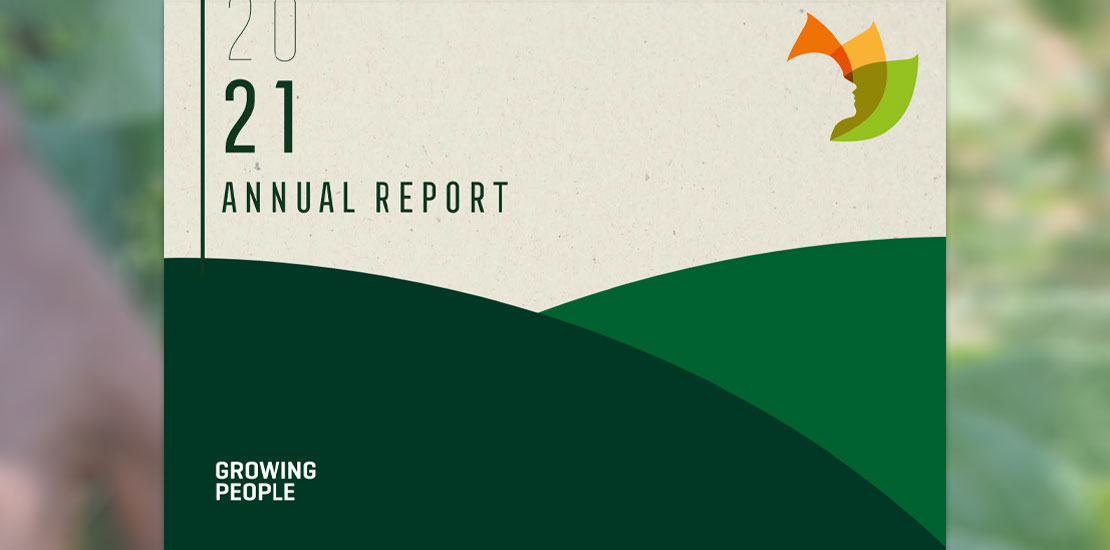 Our new look annual report is available here. Get a quick overview of our 2021 programmes (Fit For Market, Fit For Market SPS, NExT Kenya, STDF projects) and our contributions to collaborative projects (with UNIDO and Enabel, among others) – and view snapshots of selected programme activities. The report also gives a brief summary of the EU and ACP horticultural markets in 2021. “Despite the unpredictable international context, we remain confident in the future. All the more so as horticultural… +
Our new look annual report is available here. Get a quick overview of our 2021 programmes (Fit For Market, Fit For Market SPS, NExT Kenya, STDF projects) and our contributions to collaborative projects (with UNIDO and Enabel, among others) – and view snapshots of selected programme activities. The report also gives a brief summary of the EU and ACP horticultural markets in 2021. “Despite the unpredictable international context, we remain confident in the future. All the more so as horticultural… +Suriname: Eggplant R-SAT Validation Workshop
- 13/07/2022
- Posted by: Gaetan Dermien
- Category: News, Suriname
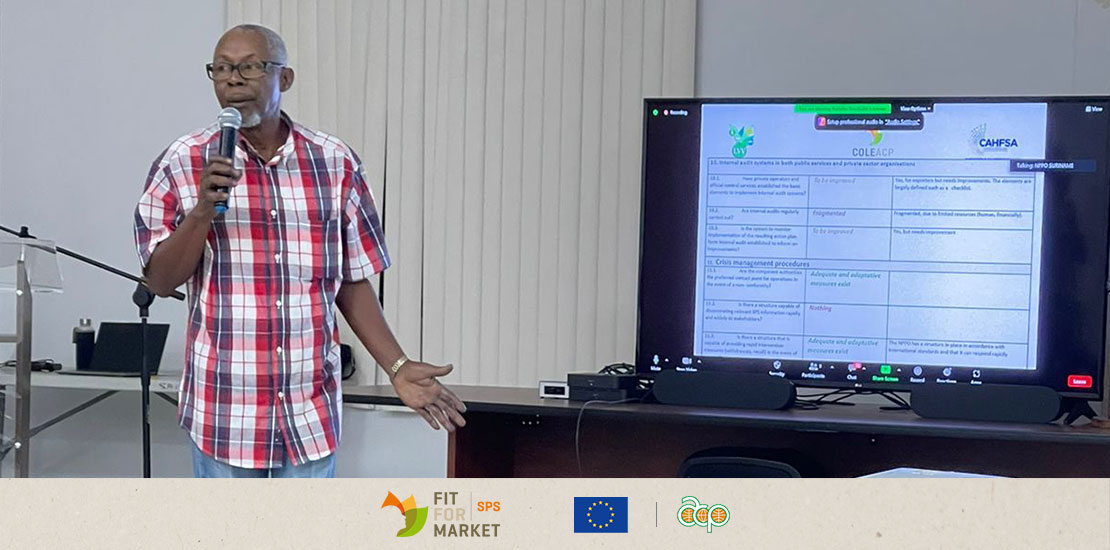 On 24 May the Ministry of Agriculture, Animal Husbandry & Fisheries of the Republic of Suriname, in collaboration with COLEACP (Fit For Market SPS programme) and the Caribbean Agricultural Health & Food Safety Agency (CAHFSA), held a one-day Eggplant R-SAT Validation Workshop in Paramaribo, bringing together 20 key representatives from the public and private horticulture sectors. Prior to the Suriname workshop, a COLEACP expert team facilitated the dialogue and engagement between key stakeholders, both public and private, in their assessment… +
On 24 May the Ministry of Agriculture, Animal Husbandry & Fisheries of the Republic of Suriname, in collaboration with COLEACP (Fit For Market SPS programme) and the Caribbean Agricultural Health & Food Safety Agency (CAHFSA), held a one-day Eggplant R-SAT Validation Workshop in Paramaribo, bringing together 20 key representatives from the public and private horticulture sectors. Prior to the Suriname workshop, a COLEACP expert team facilitated the dialogue and engagement between key stakeholders, both public and private, in their assessment… +Three missions to meet with our partners and collaborators
- 13/07/2022
- Posted by: Gaetan Dermien
- Category: Burundi, Caribbean, Dominican Republic, Guinea, News
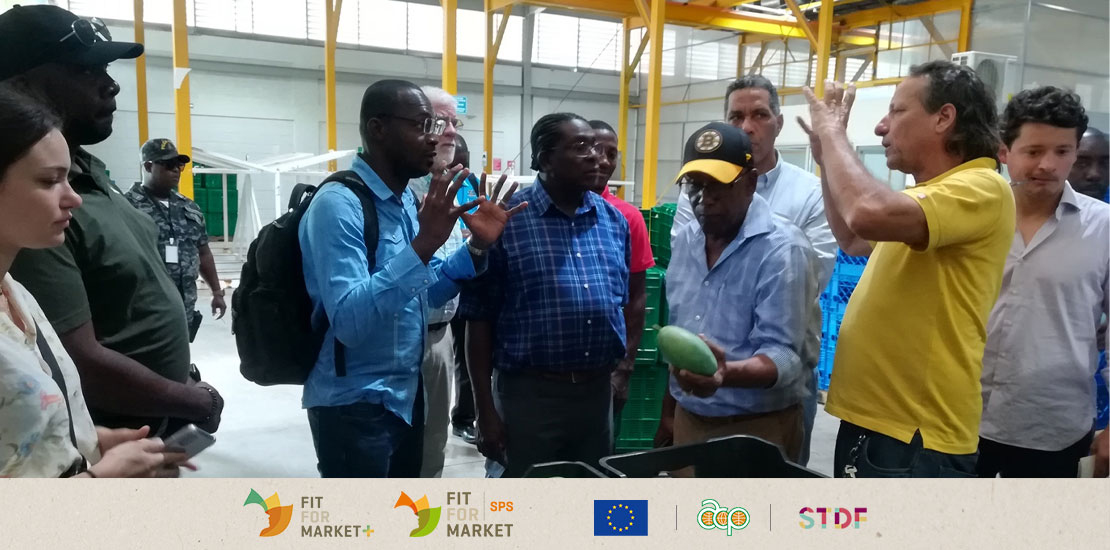 Guinea Several meetings were organised with the Direction Nationale de la Protection des Végétaux et des Denrées Stockées (DNPV-DS) of the Ministry of Agriculture in Guinea. Planned capacity building activities (training in sampling and performing official controls) were discussed, as well as possibilities for the establishment of an internal training unit within Guinea’s National Plant Protection Organisation (NPPO). The STDF project in Guinea began in 2019 with the aim to strengthen phytosanitary capacity in Guinea, contributing to the establishment of… +
Guinea Several meetings were organised with the Direction Nationale de la Protection des Végétaux et des Denrées Stockées (DNPV-DS) of the Ministry of Agriculture in Guinea. Planned capacity building activities (training in sampling and performing official controls) were discussed, as well as possibilities for the establishment of an internal training unit within Guinea’s National Plant Protection Organisation (NPPO). The STDF project in Guinea began in 2019 with the aim to strengthen phytosanitary capacity in Guinea, contributing to the establishment of… +
